Search
Did you mean: Nanna?
Search Results
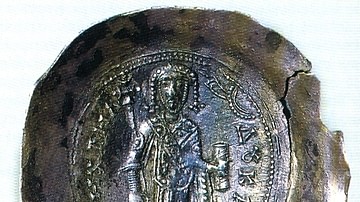
Definition
Despotate of Epirus
The Despotate of Epirus was one of the successor states of the Byzantine Empire when it disintegrated following the Fourth Crusade's capture of Constantinople in 1204 CE. It was originally the most successful of those successor states, coming...
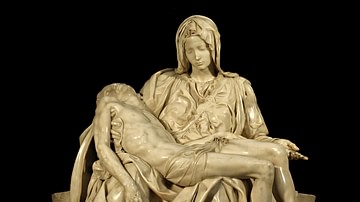
Definition
Mary, Mother of Jesus
Mary of Nazareth, the mother of Jesus Christ, is one of the most venerated women from the ancient world. Her most common epithet is "the virgin Mary." She is celebrated by Eastern Orthodox Churches, Catholicism, and various Protestant denominations...
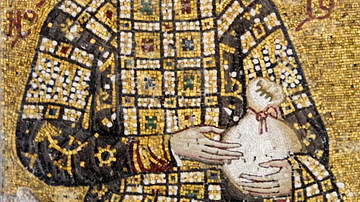
Definition
John II Komnenos
John II Komnenos “the Handsome” was emperor of the Byzantine Empire from 1118 CE to 1143 CE. John, almost constantly on campaign throughout his reign, would continue the military successes of his father Alexios I with significant victories...

Article
Discovery of X-Rays
The discovery of X-rays – a form of invisible radiation that can pass through objects, including human tissue – revolutionised science and medicine in the late 19th century. Wilhelm Conrad Röntgen (1845-1923), a German scientist, discovered...

Definition
Antonio Vivaldi
Antonio Vivaldi (1678-1741) was an Italian violin virtuoso and composer of baroque music (c. 1600-1750). Best known for his violin concertos, notably The Four Seasons, Vivaldi made a significant contribution to the evolution of instrumental...
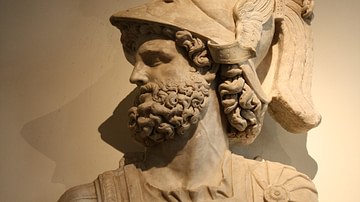
Definition
Mars
Mars was the Roman god of war and second only to Jupiter in the Roman pantheon. Although most of the myths involving Mars were borrowed from the Greek god of war Ares, Mars did have some uniquely Roman features. Mars is considered more level-headed...

Definition
Antonín Dvořák
Antonín Dvořák (1841-1904) was a Czech composer best known for his symphonies, symphonic poems, operas, and chamber music. Dvořák's best-loved works include his 9th Symphony (From The New World), the American quartet, and his Slavonic Dances...

Definition
Apocrypha and Pseudepigrapha
In the 2nd century CE, as Christianity was in the process of becoming an independent religion, a body of literature emerged that scholars classify as apocrypha and pseudepigrapha. Apocrypha (Greek: apokryptein, "to hide away") are those books...
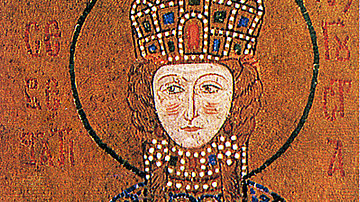
Article
Women in the Byzantine Empire
Women in the Byzantine Empire (4th to 15th century CE) were, amongst the upper classes, largely expected to supervise the family home and raise children while those who had to work for a living did so in most of the industries of the period...

Definition
Knap of Howar
The Knap of Howar is a Neolithic site on the island of Papa Westray in Orkney, Scotland. The name is Old Norse for `mound of mounds' or `large barrow'. The building preserved at the site is considered the oldest stone house in northern Europe...